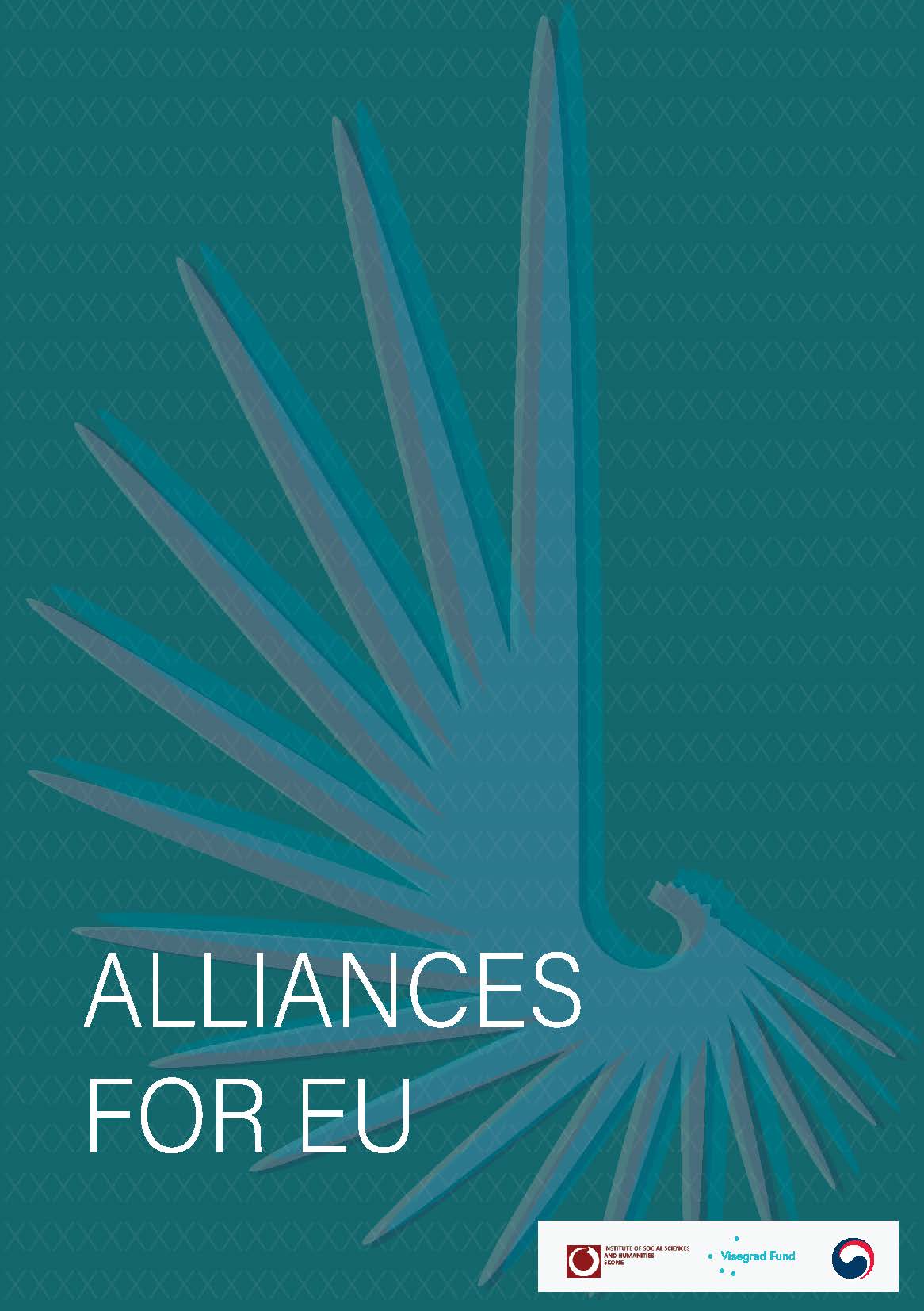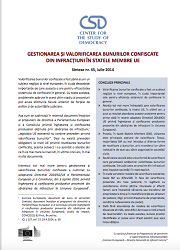
We kindly inform you that, as long as the subject affiliation of our 300.000+ articles is in progress, you might get unsufficient or no results on your third level or second level search. In this case, please broaden your search criteria.

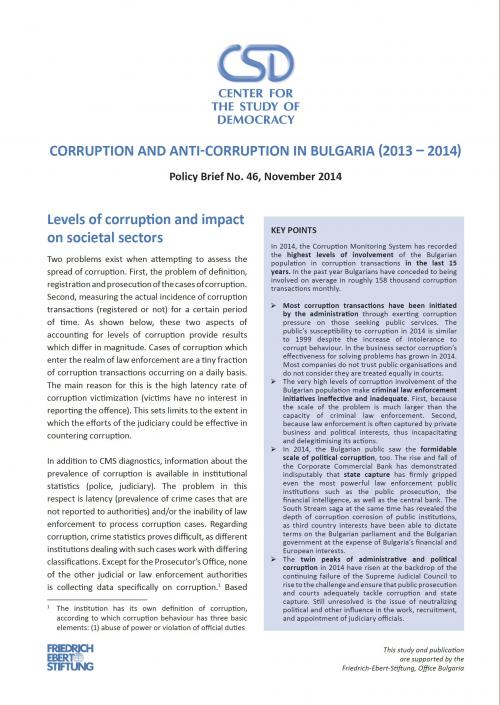
The policy brief makes an overview of the levels of corruption and the impact of corruption on the societal sectors. In 2014, the Corruption Monitoring System has recorded the highest levels of involvement of the Bulgarian population in corruption transactions in the last 15 years. In the past year Bulgarians have conceded to being involved on average in roughly 158 thousand corruption transactions monthly.Most corruption transactions have been initiated by the administration through exerting corruption pressure on those seeking public services. The public’s susceptibility to corruption in 2014 is similar to 1999 despite the increase of intolerance to corrupt behaviour. In the business sector corruption’s effectiveness for solving problems has grown in 2014. Most companies do not trust public organisations and do not consider they are treated equally in courts.
More...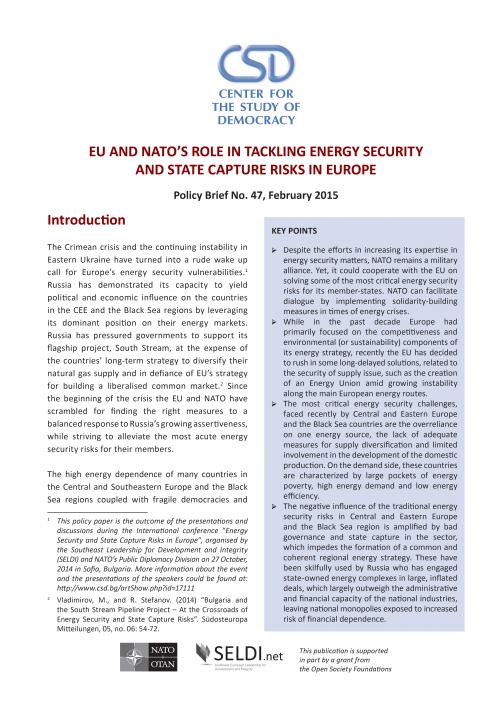
The Crimean crisis and the continuing instability in Eastern Ukraine have turned into a rude wake up call for Europe’s energy security vulnerabilities. Russia has demonstrated its capacity to yield political and economic influence on the countries in the CEE and the Black Sea regions by leveraging its dominant position on their energy markets. Russia has pressured governments to support its flagship project, South Stream, at the expense of the countries’ long-term strategy to diversify their natural gas supply and in defiance of EU’s strategy for building a liberalised common market. Since the beginning of the crisis the EU and NATO have scrambled for finding the right measures to a balanced response to Russia’s growing assertiveness, while striving to alleviate the most acute energy security risks for their members.
More...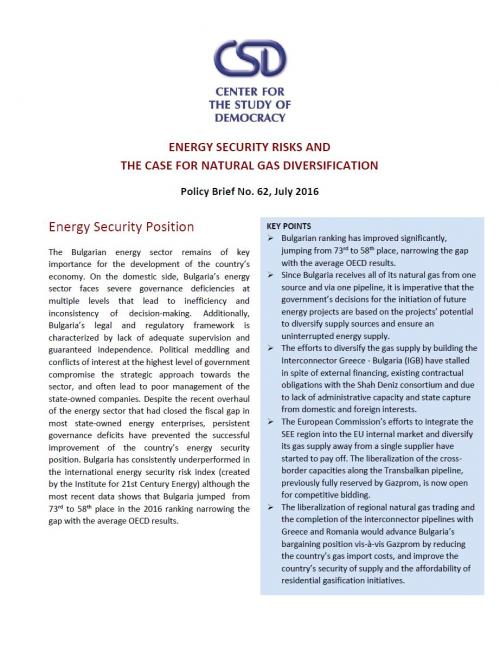
The policy brief analyses the energy security and governance risks. The authors underline that: - Bulgarian ranking has improved significantly, jumping from 73rd to 58th place, narrowing the gap with the average OECD results. - Since Bulgaria receives all of its natural gas from one source and via one pipeline, it is imperative that the government’s decisions for the initiation of future energy projects are based on the projects’ potential to diversify supply sources and ensure an uninterrupted energy supply. - The efforts to diversify the gas supply by building the Interconnector Greece - Bulgaria (IGB) have stalled in spite of external financing, existing contractual obligations with the Shah Deniz consortium and due to lack of administrative capacity and state capture from domestic and foreign interests. - The European Commission’s efforts to integrate the SEE region into the EU internal market and diversify its gas supply away from a single supplier have started to pay off. The liberalization of the cross-border capacities along the Transbalkan pipeline, previously fully reserved by Gazprom, is now open for competitive bidding. - The liberalization of regional natural gas trading and the completion of the interconnector pipelines with Greece and Romania would advance Bulgaria’s bargaining position vis-à-vis Gazprom by reducing the country’s gas import costs, and improve the country’s security of supply and the affordability of residential gasification initiatives.
More...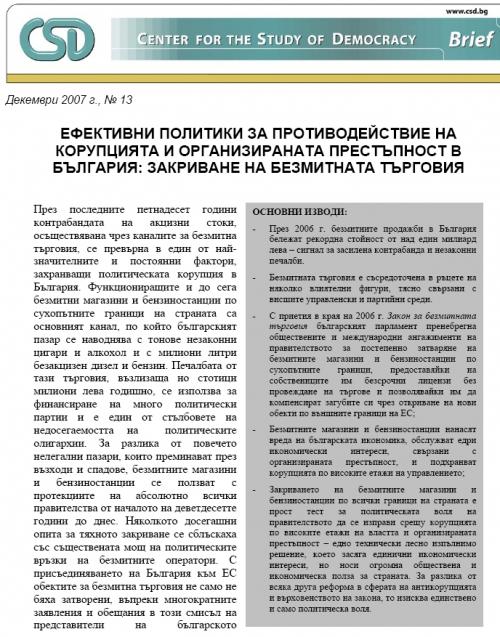
Duty-free trade-related smuggling of excise goods has been one of the most potent and sustainable sources of political corruption in Bulgaria for the last fifteen years. The operation of land border area outlets has been a major channel for flooding the Bulgarian market with tons of illegal cigarettes and alcohol and the sale of millions of gallons of excise-free petrol. The resulting profit, running into hundreds of millions each year, has been funding many a Bulgarian party and has become the foundation of untouchable political oligarchies. The policy brief examines duty-free trade in Bulgaria in regard to turnover and tax revenue losses from the operation of the duty-free outlets. It also analyses the regulation of duty-free trade in Bulgaria which bears all the marks of a state capture. The brief presents possible courses of action towards reducing the negative effects of duty-free trade.
More...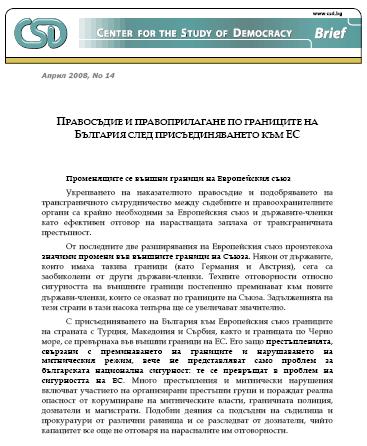
Enhanced criminal justice and improved cross-border cooperation between judicial and law enforcement authorities are essential for the EU and its Member States in order to effectively respond to the increasing threat of cross-border criminality. The last two EU enlargements resulted in significant changes in the Union’s external borders. Some of the countries that used to have such borders are now neighbors to other EU Member States. Their responsibilities regarding the security at the external borders are gradually transferred to new Member States which have become the outermost countries of the Union. The duties of these countries on protecting the external borders are yet to increase substantially. Further to Bulgaria's accession to the European Union, the country's frontiers with Turkey, Macedonia and Serbia, as well as its Black Sea border, have become external borders of the EU. Hence, border crossing-related criminal offences and customs violations no longer represent a problem of Bulgarian national security alone: they have turned into a problem of EU security. This policy brief is a follow up to the 2007 CSD report Reinforcing Criminal Justice in Border Districts and examines the attitude of and measures undertaken by the relevant stakeholders as regards the policy recommendations formulated by the report.
More...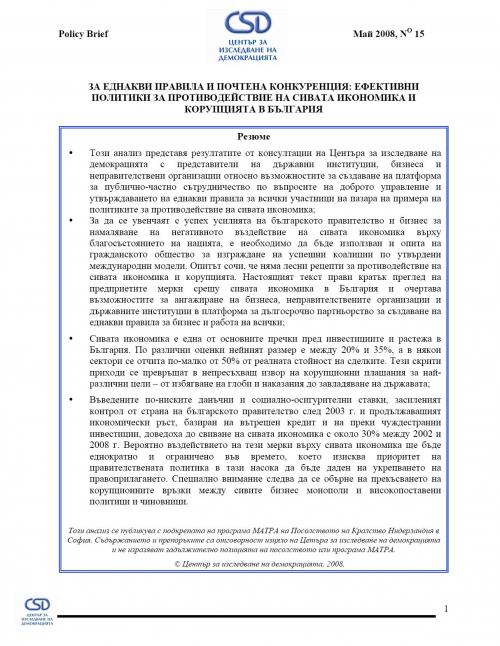
This policy brief outlines the result of the consultations, which the Center for the Study of Democracy held with representatives of business and government on the feasibility of public-private partnerships in promoting a level paying field in Bulgaria. Its findings seek to inform further discussions with Bulgarian and international stakeholders on the modalities of possible future initiatives in this area on the example of public policy on the grey economy. If the efforts of the Bulgarian government and the business community to reduce the adverse impact of grey economy on the nation’s welfare are to succeed they need to bring on board the experience from successful coalition building for good governance from the non-government sector, based on best international practices. International experience has revealed that there are no easy fixes to pervasive grey economy and corruption. This brief proposes an overview of measures undertaken thus far to tackle the grey economy in Bulgaria and outlines a possible platform for engagement of the business, NGO and government sectors for long-term partnership for leveling the paying field in the country.
More...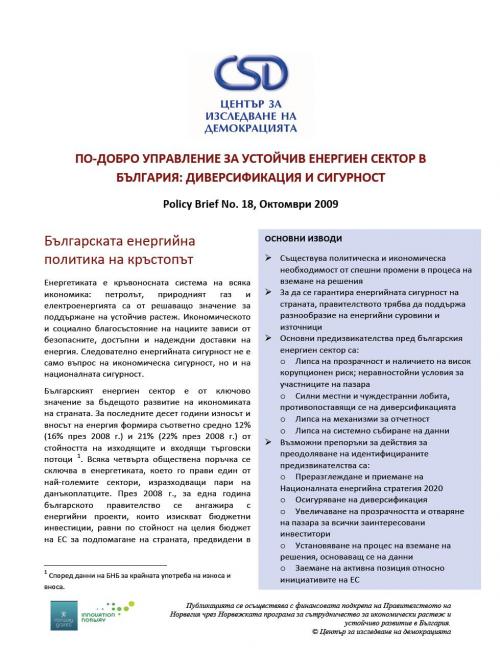
The Policy Brief focuses on the Bulgarian energy sector, which has historically been and will remain of strategic importance for the country’s economic development and national security, especially in the context of growing EU and Balkan markets. However, recent shifts in the world’s economy, policy, regional dynamics, and geo-political situation are the driving factors necessitating the need to introduce major reforms focused on a transparent, diversified, efficient, and market based energy sector in Bulgaria. Bulgaria needs to actively participate in the European and international energy debate and to address the whole complex of energy related policies.
More...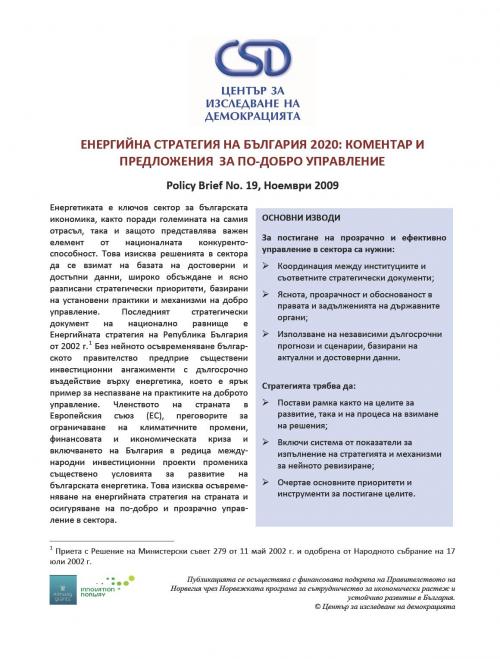
Energy is a key sector for Bulgarian economy, both because of its size and because of its importance to national competitiveness. This requires decisions to be made on the basis of reliable and accessible data, broad based discussions and clearly identified strategic priorities, which rely on established practices and mechanisms for good governance. The latest strategic document at national level is the Bulgarian Energy Strategy from 2002. Without updating it, the Bulgarian government has committed in the years following its EU accession to substantial investments with long-term impact on the energy sector, which is a vivid example of failure in good governance. Bulgaria’s membership in the European Union (EU), climate change negotiations, the financial and economic crisis and Bulgaria’s inclusion in several international investment projects have changed the conditions for the development of Bulgaria’s energy sector. These latest developments require updating of the national energy strategy and providing for better and transparent governance in the sector.
More...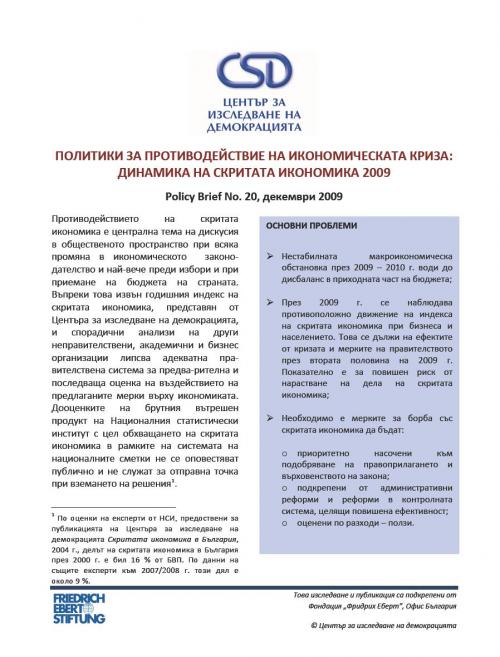
The policy brief focuses on the impact of the governemnt measures put forward to counter the economic crisis and their effect on the hidden economy. The hidden economy has been a central topic for discussion in the public space upon each amendment to the economic legislation and particularly before elections or the passing of the national budget. Nevertheless, aside from the Annual Hidden Economy Index released by the Center for the Study of Democracy and a few sporadic analyses by other non-governmental, academic and business organizations, there is a lack of an adequate government system of ex ante and ex post impact assessment of the proposed measures to fight hidden activities of the wider economy. The adjustments of GDP done by the National Statistical Institute aiming to include hidden economy in the system of national accounts are not made public and do not serve as a basis for decision-making. Thus, public debates on hidden economy become little more than displays of rhetorical skills or actually serve completely different agendas rather than the implementation of measures to curb its negative impact.
More...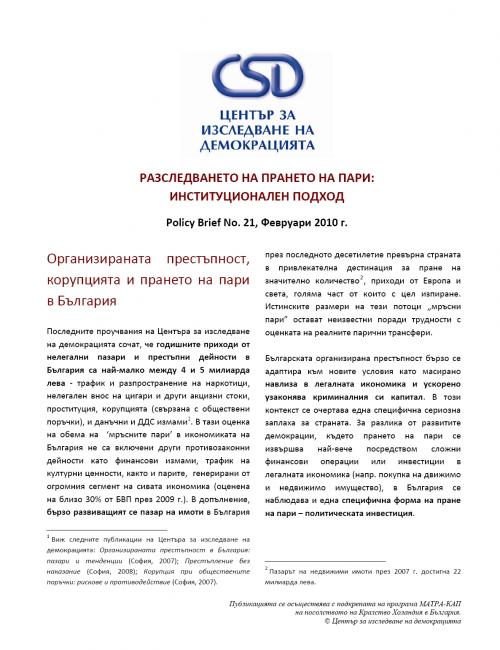
Organized crime in Bulgaria is quick to adapt to the new realities and by and large enters the legal economy by legalizing capital accrued from criminal activities. This process poses a significant threat to the country: while in developed democracies money-laundering is carried out through the complex financial operations or investments in the legal economy (for instance through the purchasing of real estate and movables), in Bulgaria money-laundering takes on a specific form – political investment. The policy brief makes an overview of the organized crime, corruption and money-laundering in Bulgaria. According to the authors, in spite of several legislative initiatives and a growing amount of prosecutorial decrees for money-laundering in the last decade, the prosecution for this type of crime in Bulgaria remains insignificant. The complexity of the crime, the objective difficulties for its investigation, as well as the necessary inter-institutional approach on an international level to combat such activities explain the relatively small number of prosecutions.
More...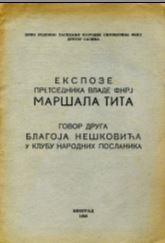
Exposé. Marshal Tito, Head of Government of Federal People's Republic of Yugoslavia [ЕКСПО3Е. ПРЕТСЕДНИКА ВЛАДЕ ФНРЈ МАРШАЛА ТИТА] Second Speech: Blagoja Nesković, At the House of Representatives: On the tasks of members of the Club of National Depouties [Говор друга: Благоја Нешковића, У Клубу Народних Посланика: О задацима чланова Клуба Народних Посланика]Published by BORBA, Belgrade 1950 // Speeches during the first regular session of the National Parliament of FNRJ in its second convocation
More...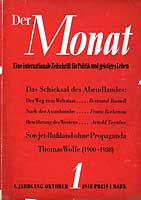
Please download the Introduction-PDF which you find below to see en detail what you can find in this issue Thank you.
More...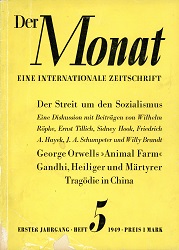
Please download the Introduction-PDF which you find below to see en détail what you can find in this issue Thank you.
More...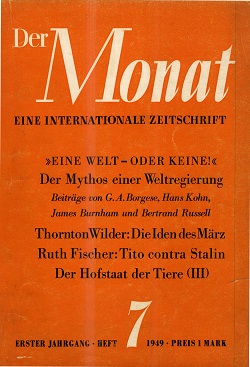
Please download the Introduction-PDF which you find below to see en détail what you can find in this issue Thank you.
More...
Please download the Introduction-PDF which you find below to see en détail what you can find in this issue Thank you.
More...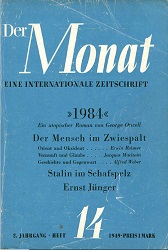
Please download the Introduction-PDF which you find below to see en détail what you can find in this issue Thank you.
More...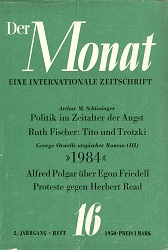
Please download the Introduction-PDF which you find below to see en détail what you can find in this issue Thank you.
More...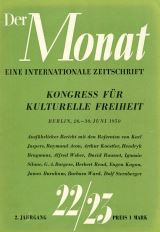
Please download the Introduction-PDF which you find below to see en détail what you can find in this issue Thank you.
More...